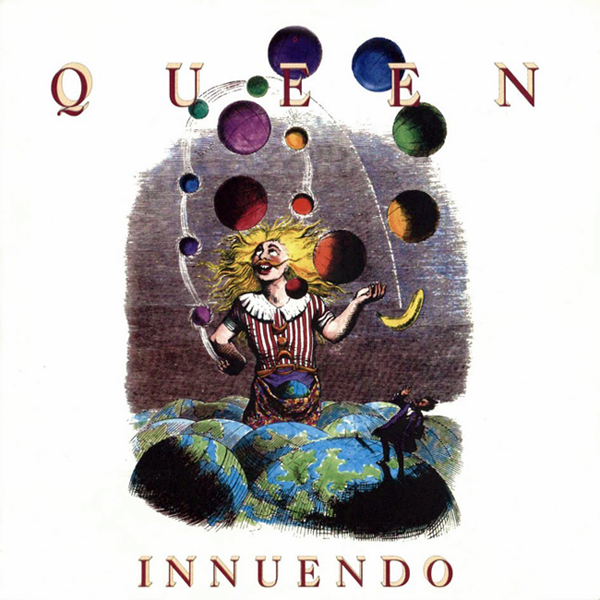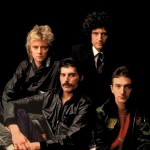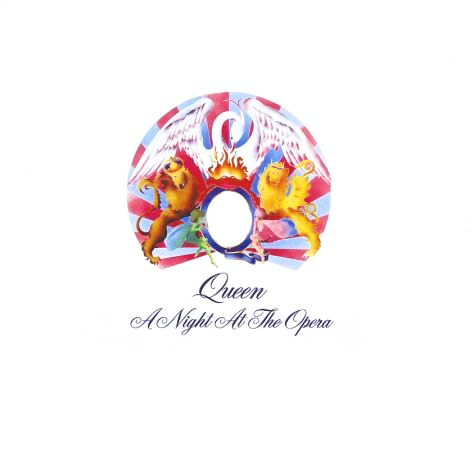11-26-1991 – The Guardian – Parody, By Innuendo
by Adam Sweeting
Queen were never a run of the mill pop group. The guitarist Brian May studied to be an infra red astronomer, and was once asked to work at Jodrell Bank by Sir Bernar Lovell. The bassist John Deacon swotted for his BSc, while the drummer Roger Taylor studied biology.
But the group’s towering international success could never have been achieved without Freddie Mercury, whose death was reported yesterday.
Born Frederick Bulsara in Zanzibar, he moved to London with his family in 1959, and took his first exploratory step into music with a group called Wreckage. He joined the budding Queen in 1970, while also studying design and running a stall at Kensington Market. He also met Mary Austin, manageress of Biba’s boutique. They lived together for seven years, and she remained a close friend despite his gay affairs.
The group did not secure a recording deal until 1972, though by then, Mercury had already invented his unique microphone technique. The bottom half of his mike stand fell off at an early gig, and Freddie turned the remaining section into a trademark stage prop.
Mercury always nurtured ambitions outside the band. In 1973, before the release of Queen’s debut album, he recorded a version of the Beach Boys’ I Can Hear Music under the pseudonym Larry Lurex, while his intermittent solo work over the years included the Mr Bad Guy album, three tracks for the recording of the Dave Clark musical, Time, and a 1988 album, Barcelona, which allowed him to sing a duet with Montserrat Caballe, no less.
It was a measure of the band’s professionalism that, in spite of Mercury’s flamboyant performances and cross dressing, they managed to avoid the media witch hunts which beset others. Freddie dressed as a ballet dancer and a stormtrooper and persuaded the whole group to wear drag in the video for 1984’s I Want To Break Free, but their reputation emerged enhanced.
This was because, behind the togs and the mascara, Mercury possessed unusual musical talent. In 1975, he won his first Ivor Novello award for Killer Queen, and in the next year the semi symphonic Bohemian Rhapsody won Freddie a second.
Henceforth, everything Queen did was on a monstrous scale. They played to 150,000 people in London’s Hyde Park in 1976. By the time their soundtrack for Flash Gordon was released in 1980, they had sold 45 million records worldwide. In 1981, they played the first ever stadium tour of South America and drew 251,000 in Sao Paulo. By 1982, the band entered the Guinness Book of Records as Britain’s highest paid executives. In 1990, Queen were given a British Phonographic Industry award for their contribution to British music. Their last album this year, Innuendo, combined melancholy with self parody.
Mercury’s addition to the dismal roll call of Aids’ casualties ends a chapter in rock music. · Freddie Mercury (Frederick Bulsara), born September 5, 1946 died November 24, 1991.



